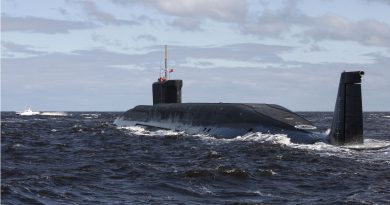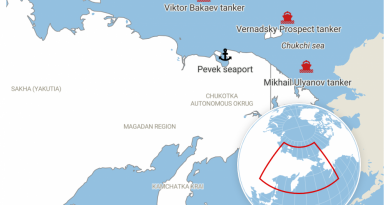N.W.T. concerned about proposed northern Alberta nuclear project
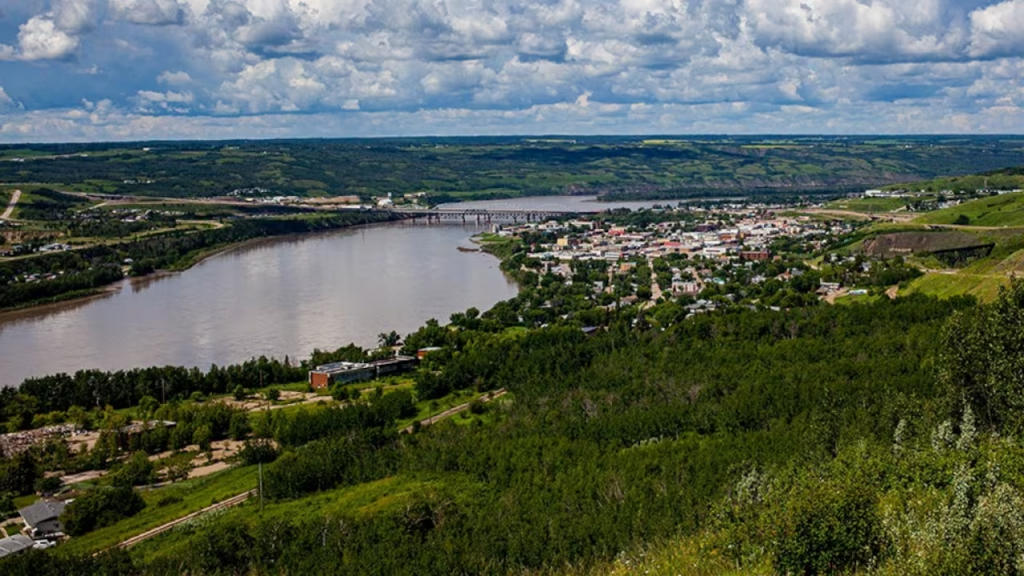
N.W.T. government says the draft guidelines ignore the transboundary water agreement
The N.W.T. government and an Indigenous water advocate say they’re concerned a proposed nuclear power project in northern Alberta could impact the territories water and air quality and want to see proper consideration for northerners.
A private company is proposing the construction of the Peace River Nuclear Power Project to power Alberta. The N.W.T. being on a separate grid means it would likely not get any of the benefits of the project, but being downstream means it could face some of the risks.
Gerry Cheezie is a member and former chief of Tthebatthı Dënésułıné Nation on the border between Alberta and N.W.T. He’s also a water advocate who works with Dene Nation on its water file.
“Our people, the Dene that live along the Mackenzie River basin, they don’t want to live under a threat of a nuclear accident for the rest of their lives. So we are against this project,” he said.
The proposal is for two nuclear reactors about 30 kilometres north of the Town of Peace River — a town of about 7,000 that sits along the banks of the Peace River — although the exact location hasn’t been decided. The project would cover 1,424 hectares, operate for about 70 years and generate up to 4,800 megawatts, enough to power millions of homes a year.
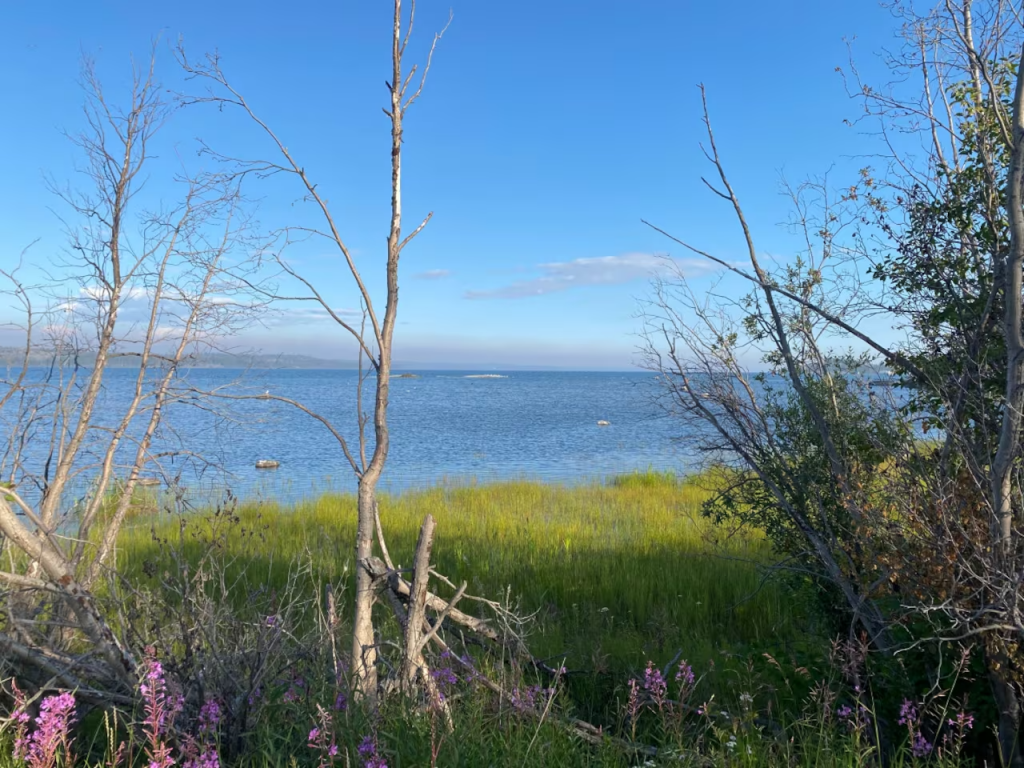
Energy Alberta, a private company proposing the project, has released some initial draft documents for the public to consider. In order for the project to go ahead, the company and federal agencies are collecting feedback to consider how it could impact people and the region.
This phase typically has 180 days, but on Aug. 20 the federal government’s Impact Assessment Agency suspended that time limit to give the company more time to engage with Indigenous governments and communities.
N.W.T. government says draft guidelines ignore transboundary agreement
On July 23, the N.W.T. government issued issued a letter to the Impact Assessment Agency of Canada detailing how Energy Alberta’s draft impact statement guidelines ignore the transboundary water agreement. This is an agreement between the N.W.T. and Alberta to share information about water flowing north across the border. It commits both governments to notify the other of developments that could impact the water.
“The [government of the Northwest Territories’] interest in the project is primarily due to potential transboundary impacts on water quality and quantity and air quality in relation to planned construction, operation, and closure, and to accidents and malfunctions,” reads the letter signed by Lorraine Seale, the N.W.T. director of Impact Assessment and Security Management Environment and Climate Change.
“Excluding locations downstream of the N.W.T.-Alberta border from the geographic scope of the Project will mean that transboundary impacts may not be considered, resulting in an incomplete assessment.”
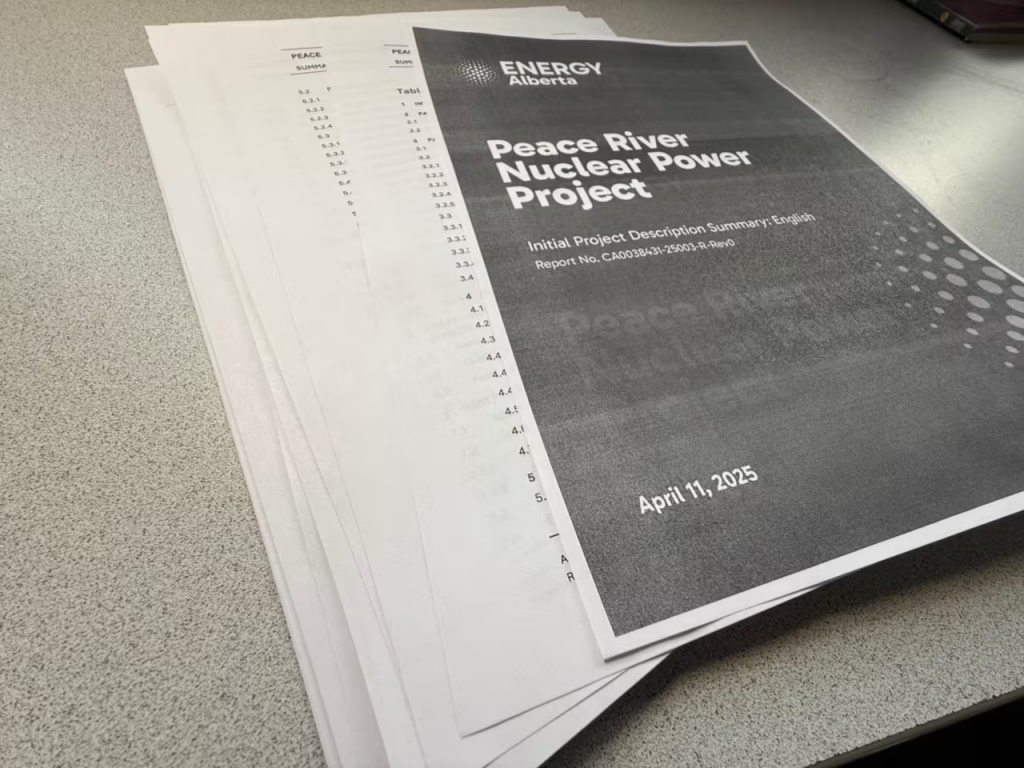
The transboundary agreement has been a source of contention in recent years, with tailings leaks in Alberta previously going unreported for months and N.W.T. officials and residents raising concerns.
Alberta also recently proposed changes to its legislation that could make it easier for the province to move water between water basins to help industries, farmers and communities. Some have expressed worry that, if approved, the change could limit the amount of water flowing into the N.W.T., which has been dealing with low water levels and drought for the past few years.
Cheezie also flagged the high amount of water that a nuclear project requires as a concern that could further reduce water levels.
Seale’s letter says that Energy Alberta’s draft Indigenous engagement plan does not include any N.W.T. Indigenous communities.
“Water holds strong cultural and social importance in the N.W.T. that must be acknowledged and respected in any decision. The rivers, lakes, streams, and wetlands of the N.W.T. are an essential part of northern life and Indigenous cultures and identity.”
The territory recommended that the guidelines be revised to consider the transboundary agreement and to incorporate Indigenous governments and communities in the N.W.T.
Why Peace River?
Cheezie attended an information session in Peace River in September but said there are still lots of unanswered questions. Including the project’s location.
“The nuclear project proposal does not give the public any option of looking at other locations. We question the fact. Why Peace River in northern Alberta? Why can’t they build it in southern Alberta?” he said.
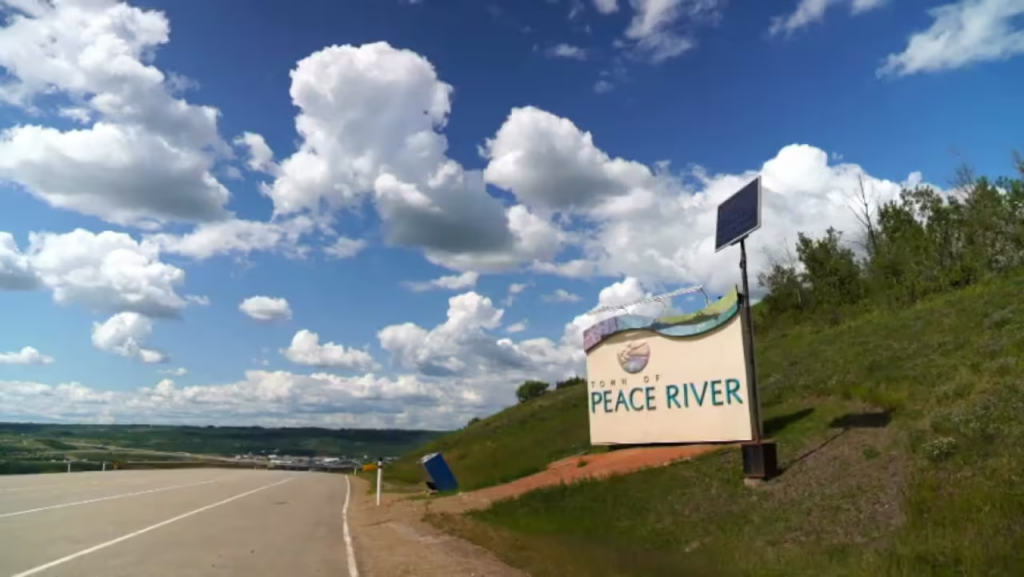
He said Indigenous communities in the North have heard many times from companies that exploit a resource and leave an environmental mess.
“And our people are sick and tired of having to deal with these kinds of issues that they never created.”
Cheezie said they asked Energy Alberta to come North to talk to more people.
The company, Energy Alberta, did not agree to an interview with CBC News.
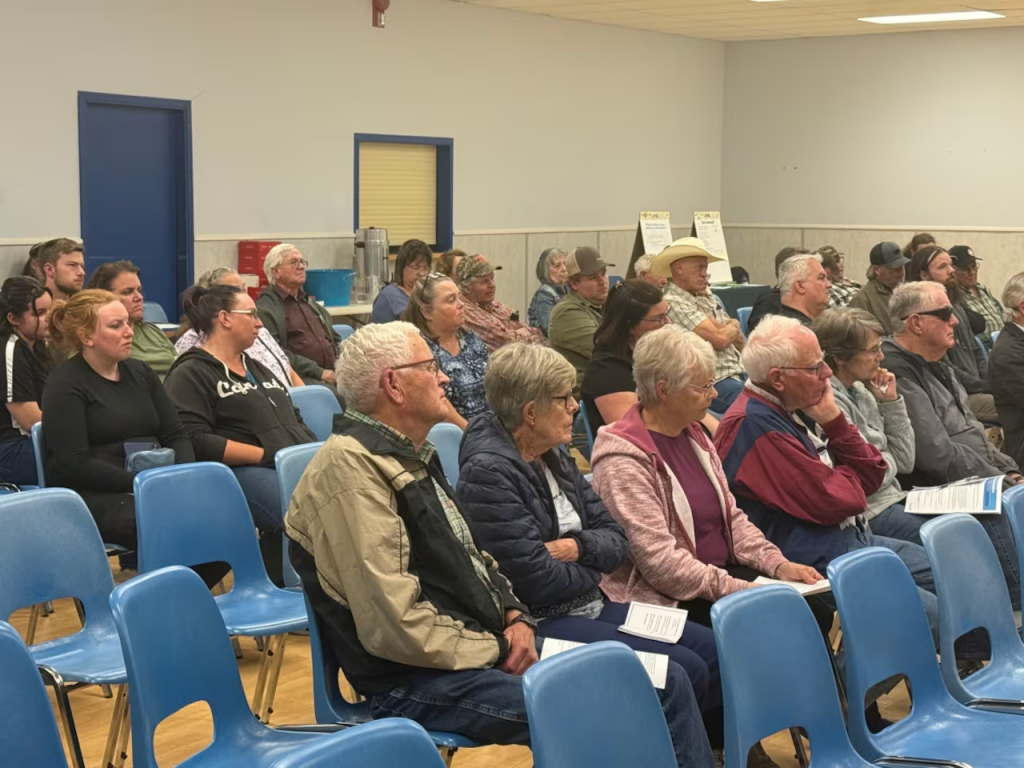
But in an emailed statement attributed to Scott Henuset, CEO and president of Energy Alberta, the company wrote they are aware of Dene Nation’s “interest” and were “pleased they could attend” the Peace River workshop “to provide their input and feedback.”
Henuset wrote that there are opportunities to speak directly with Energy Alberta as well as through the federal regulatory process underway.
“If there are other nations and communities that want to be included, we are open to hearing from them and working collaboratively to explore how they want to participate.”
Related stories from around the North:
Canada: N.W.T. gov’t tells power companies to plan to increase use of renewable energy, CBC News

